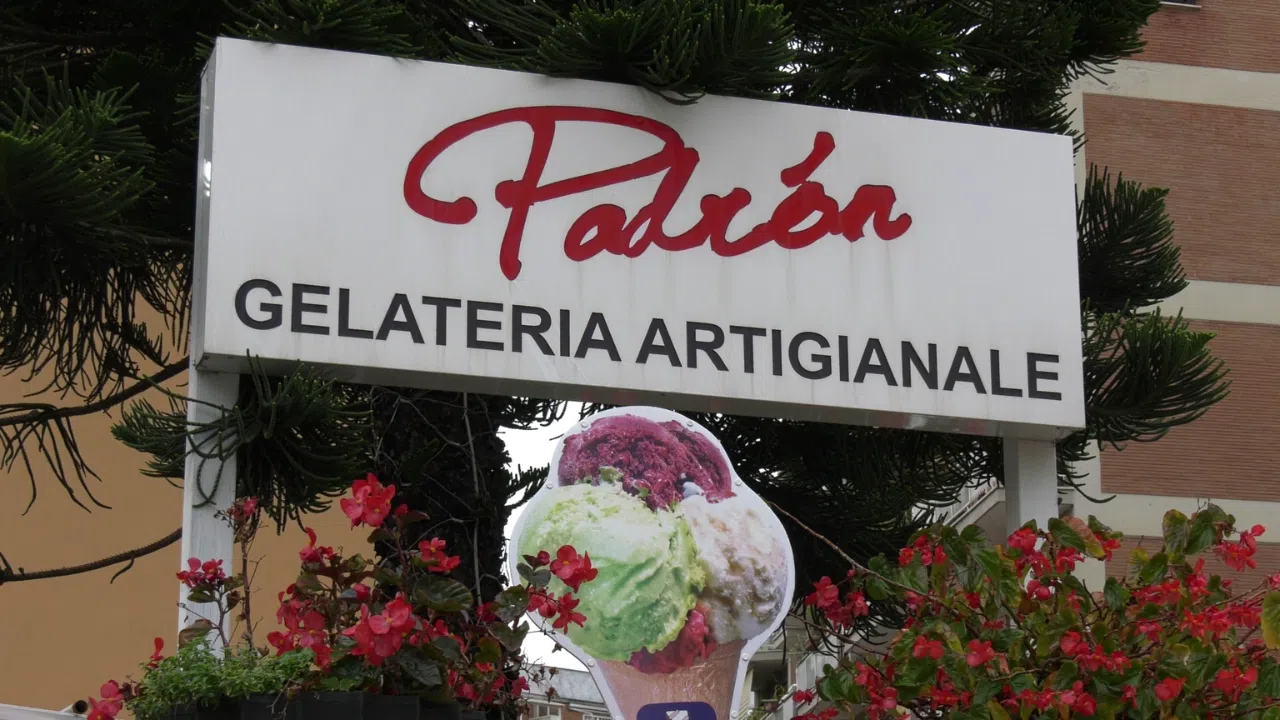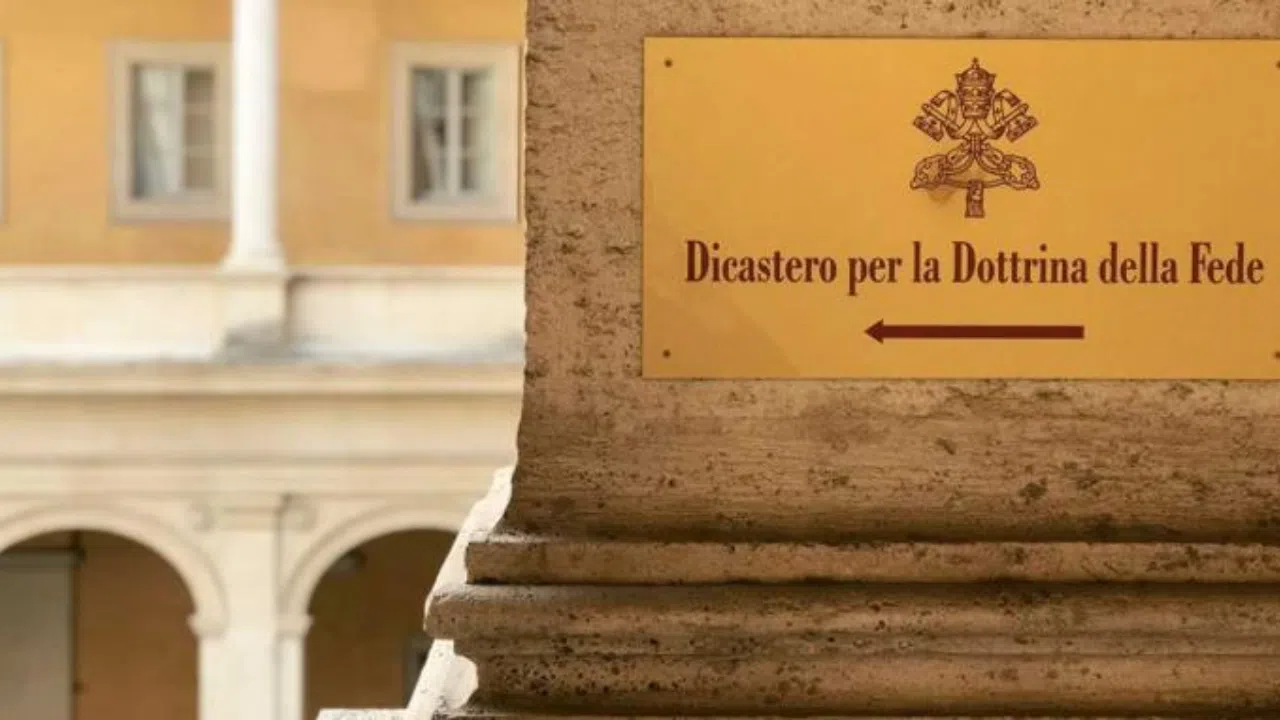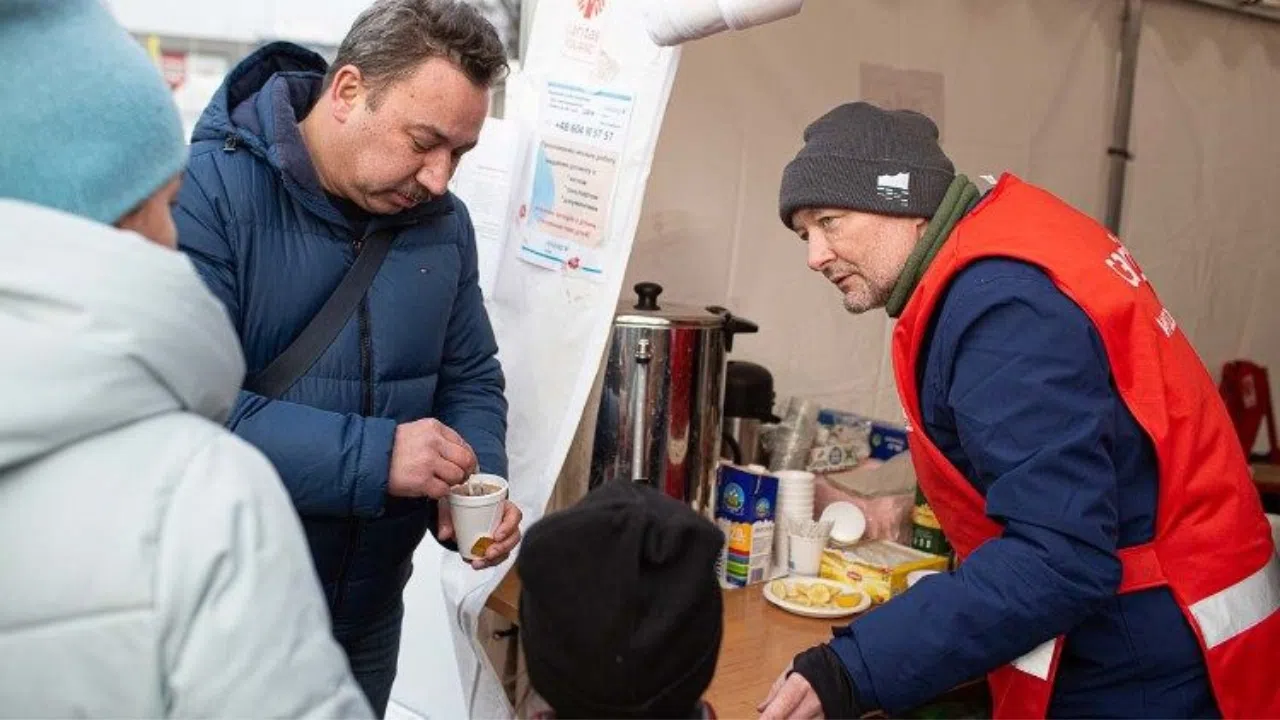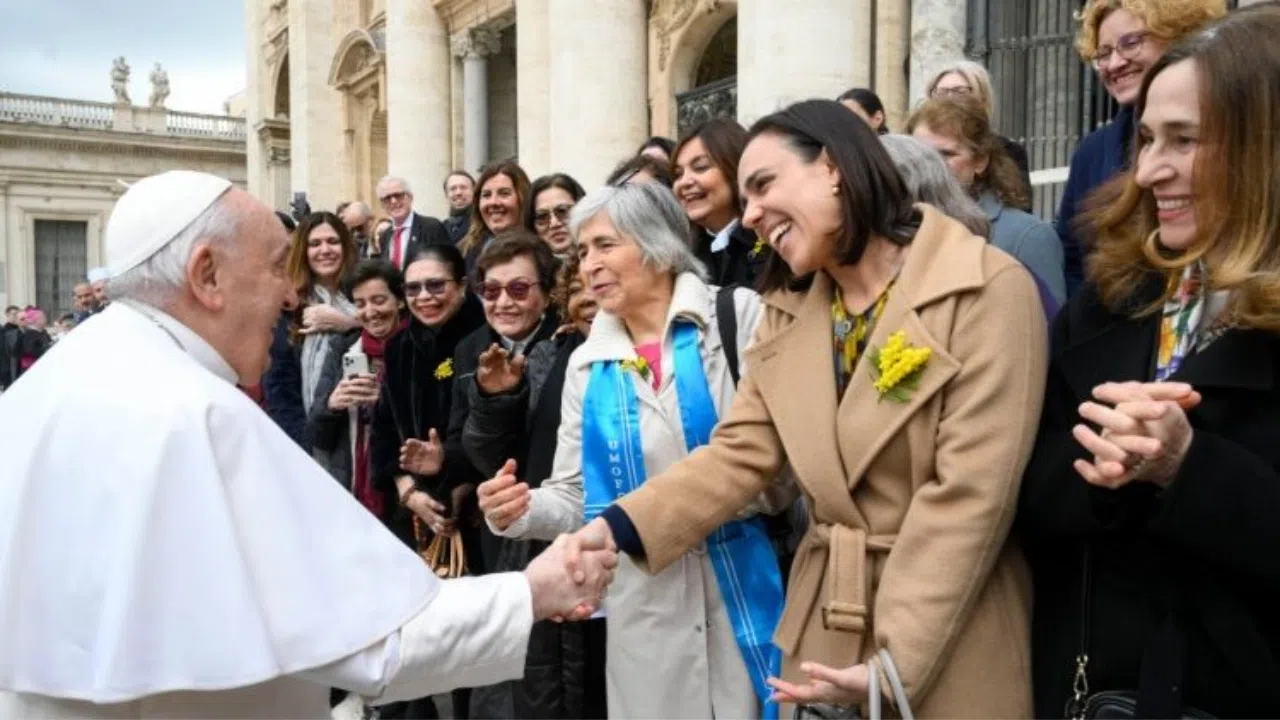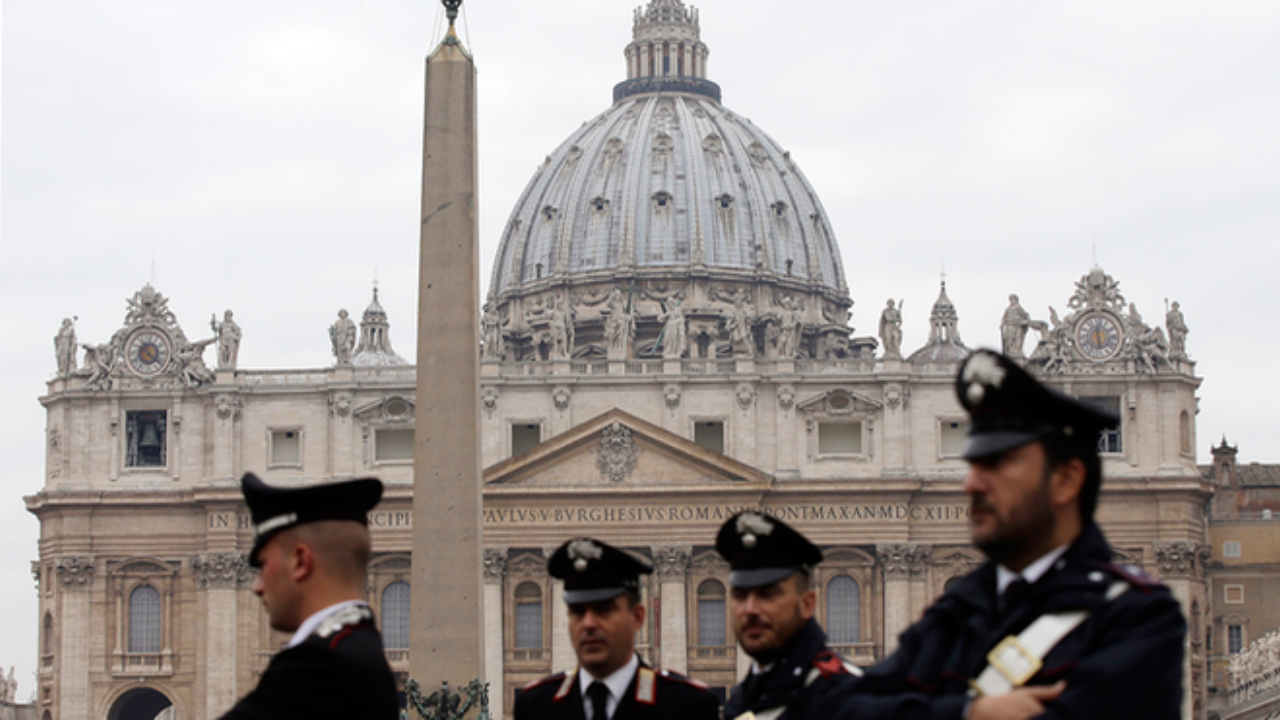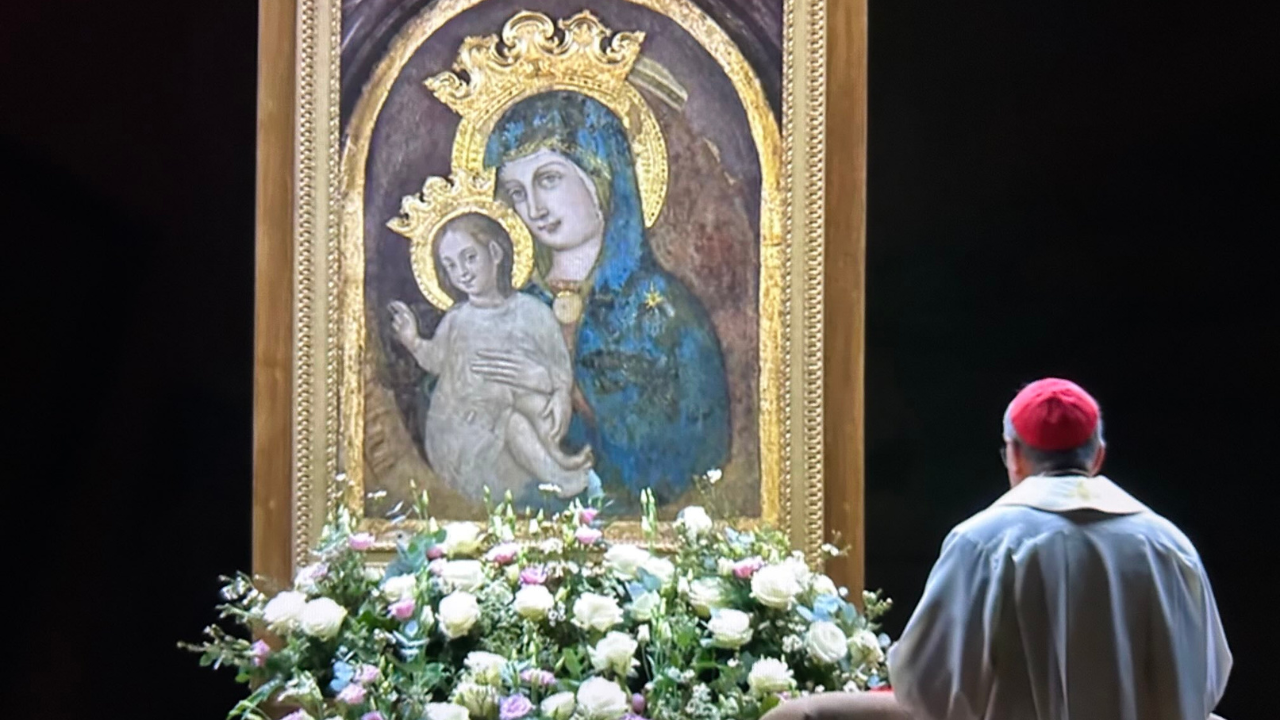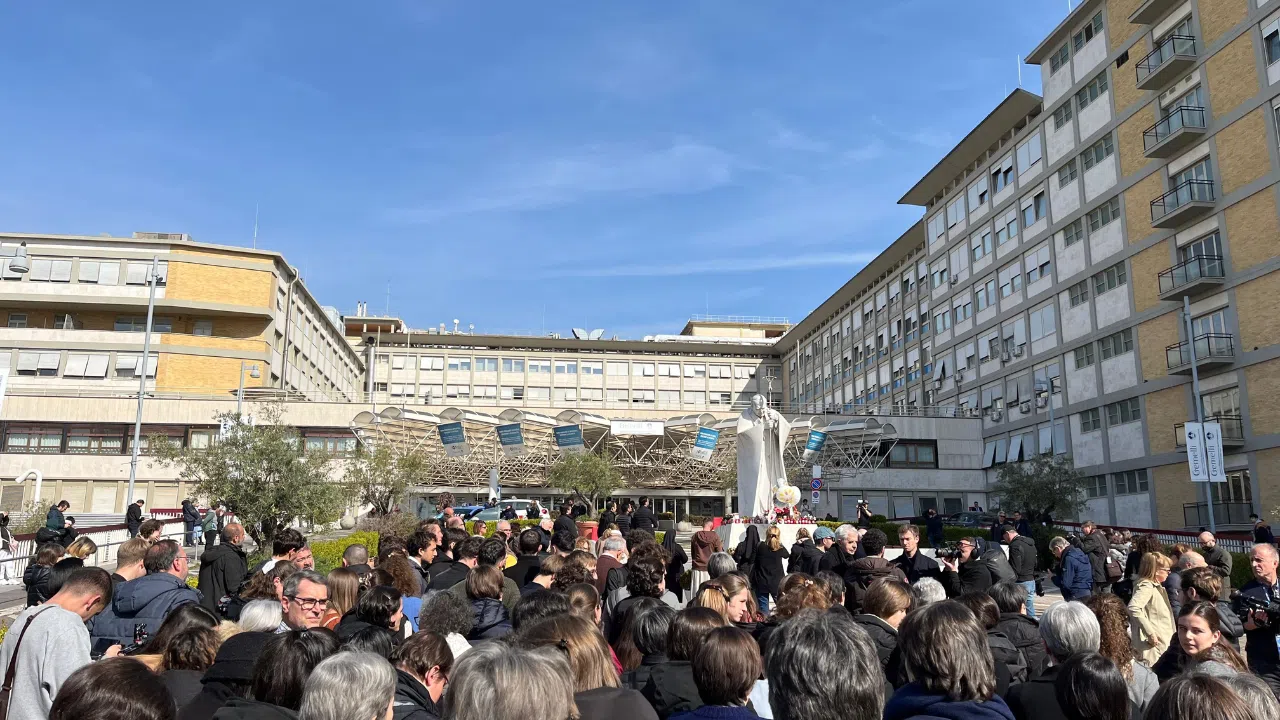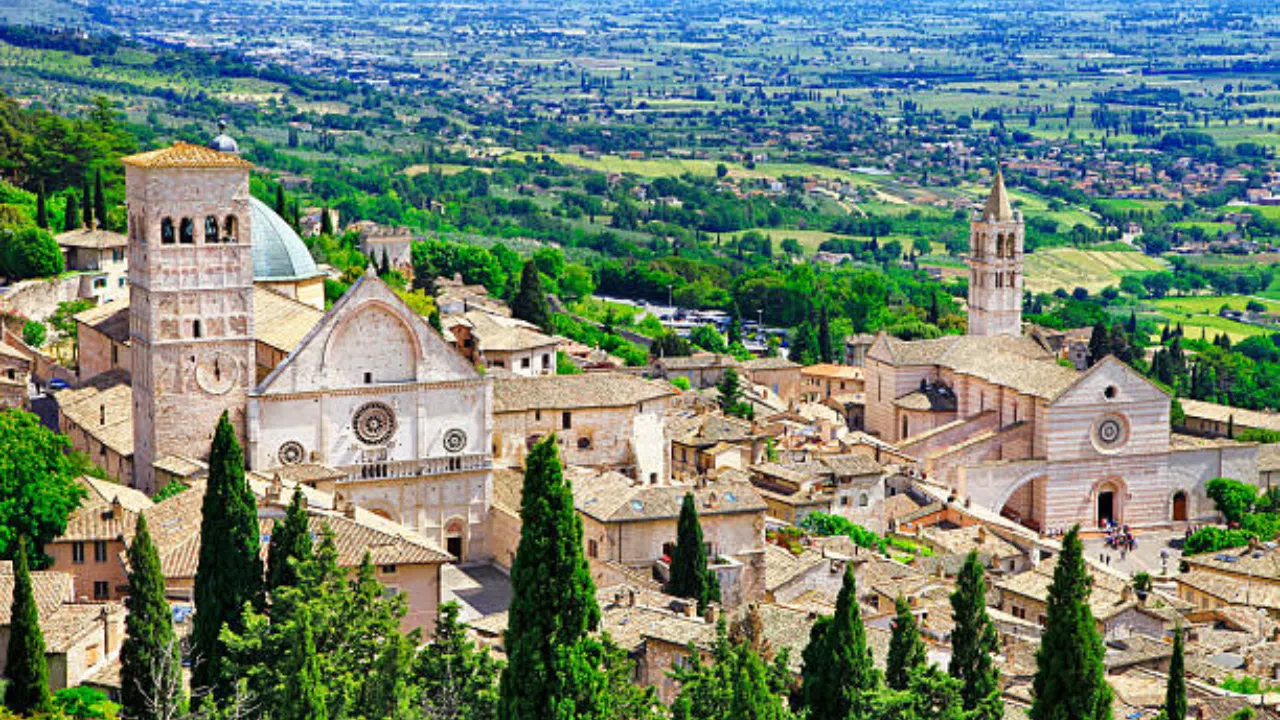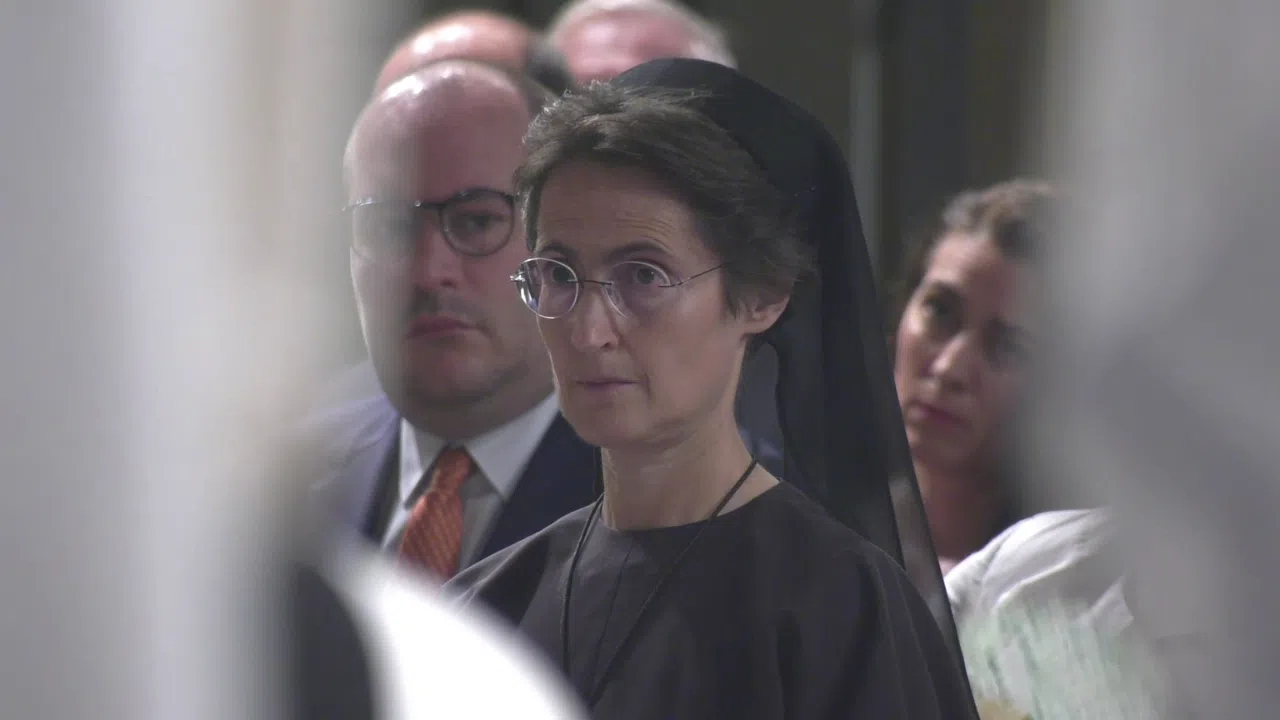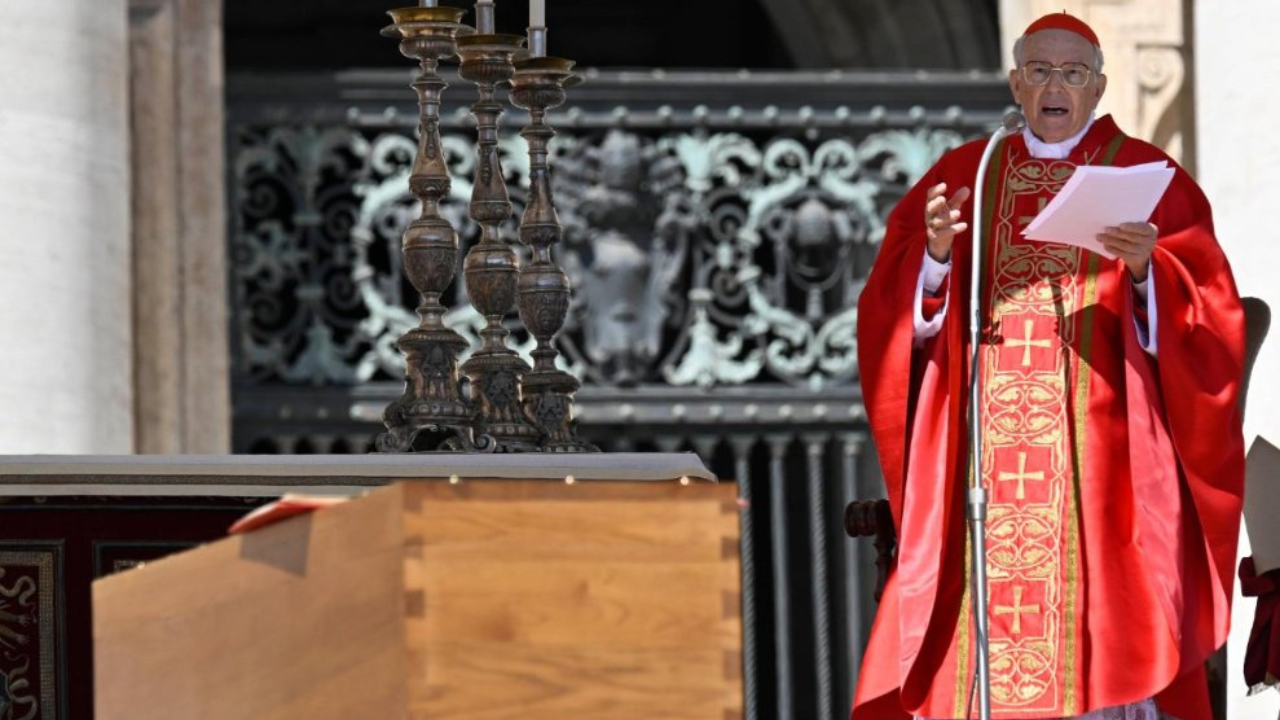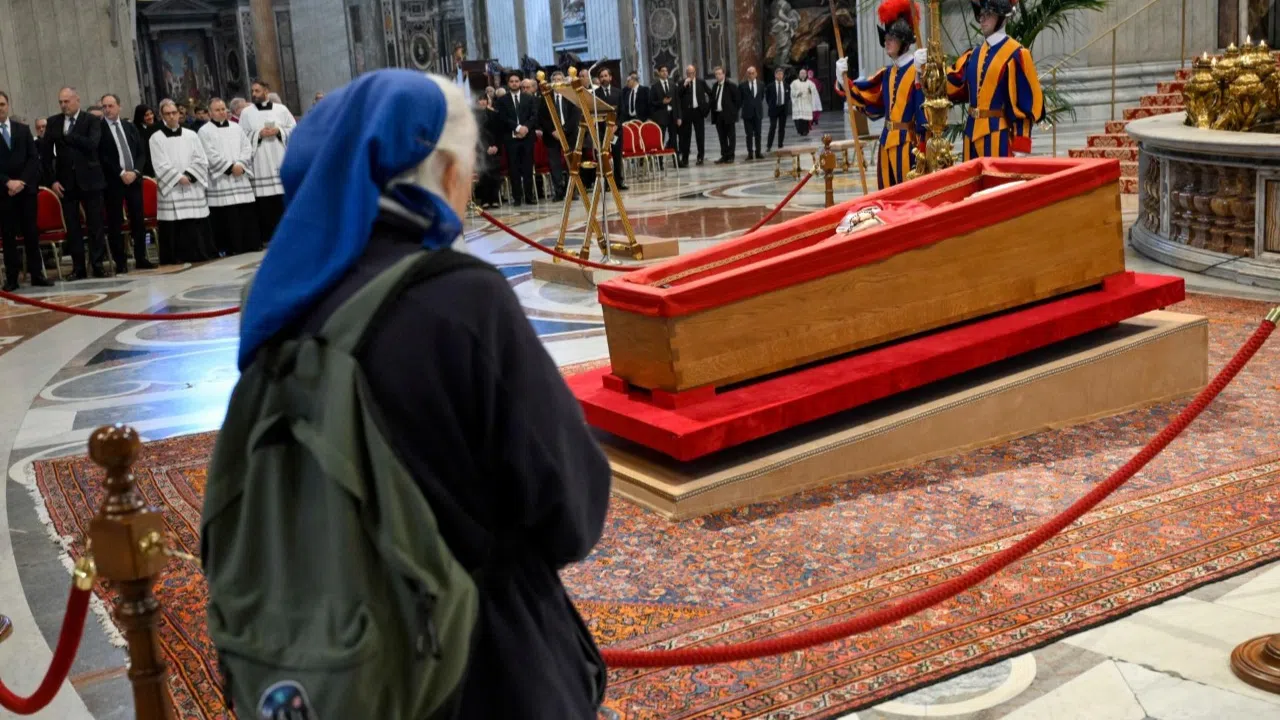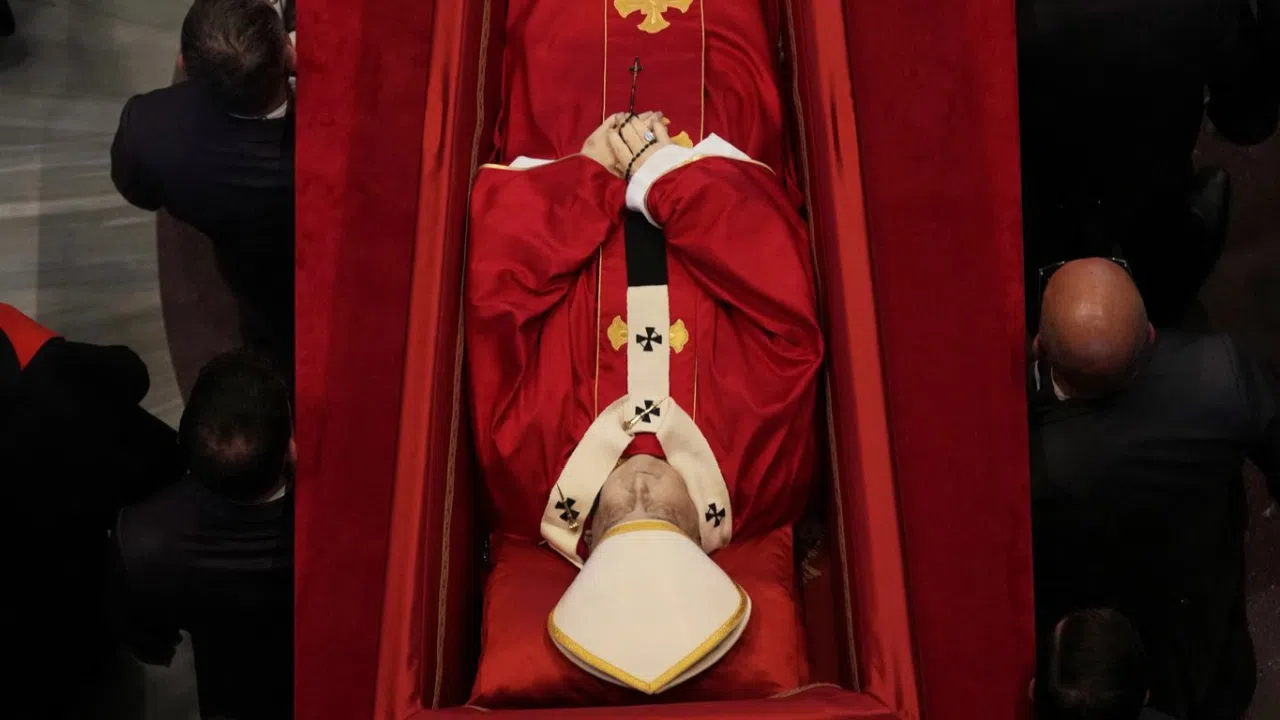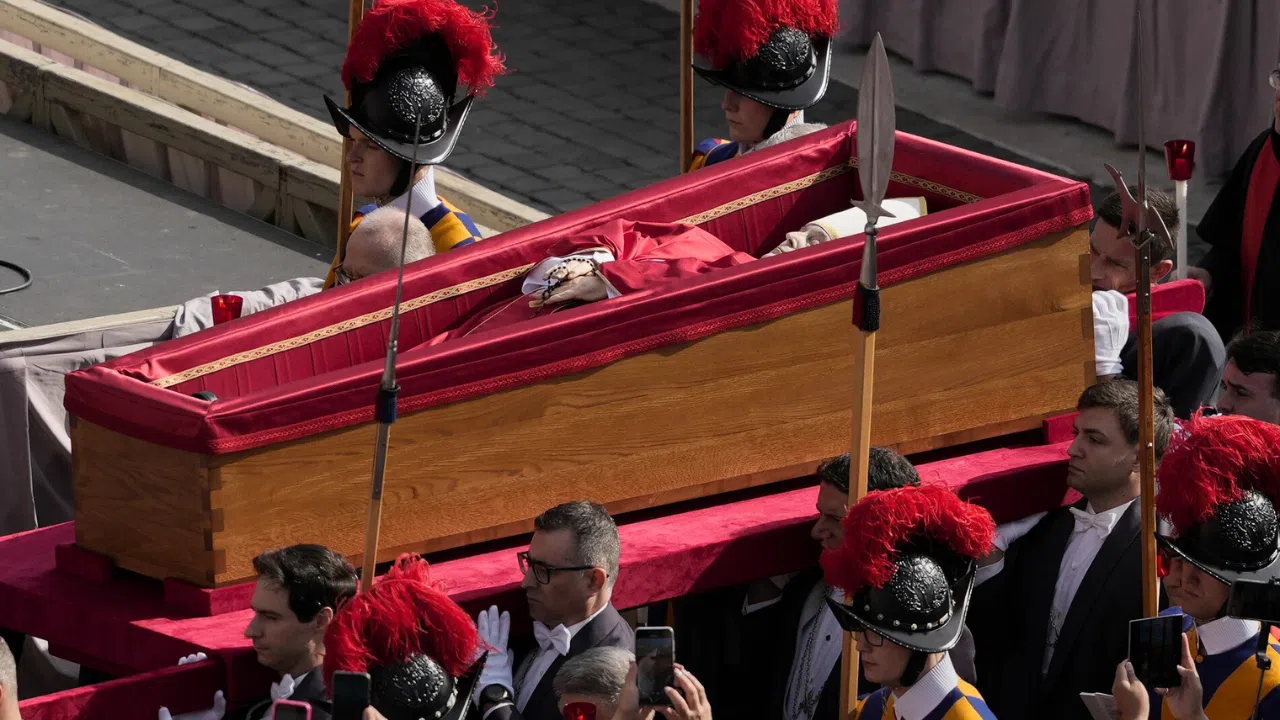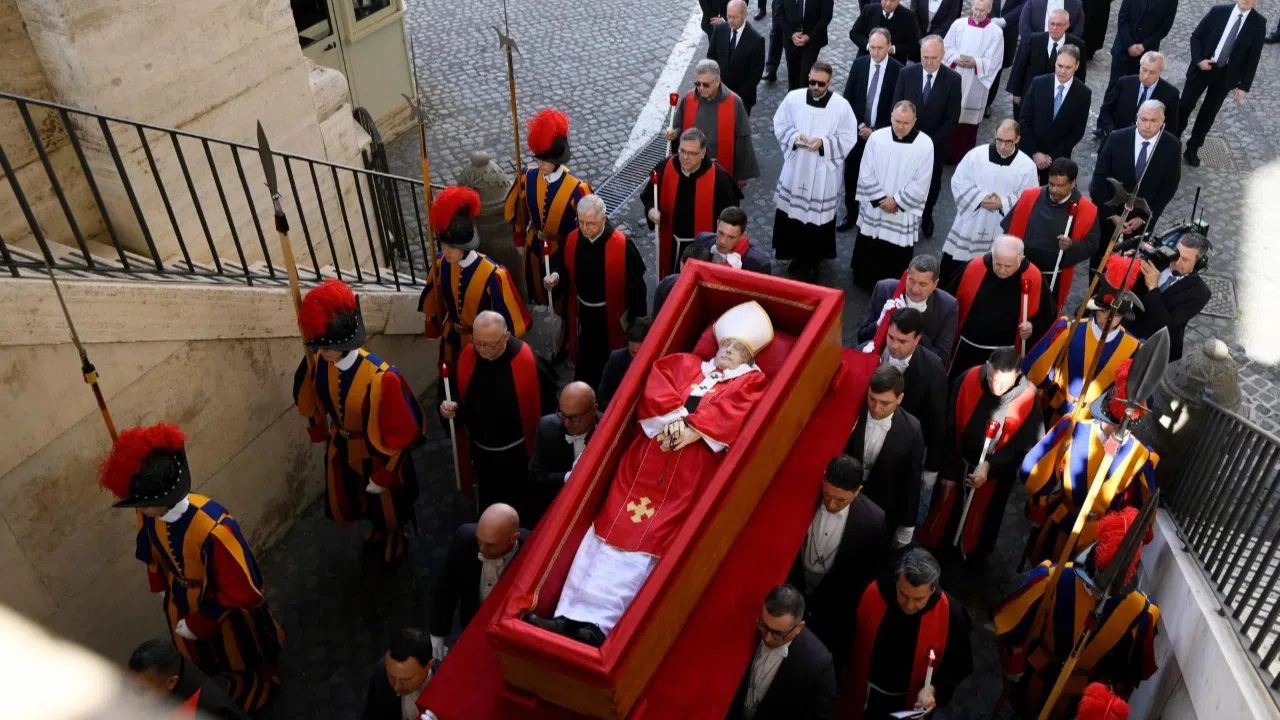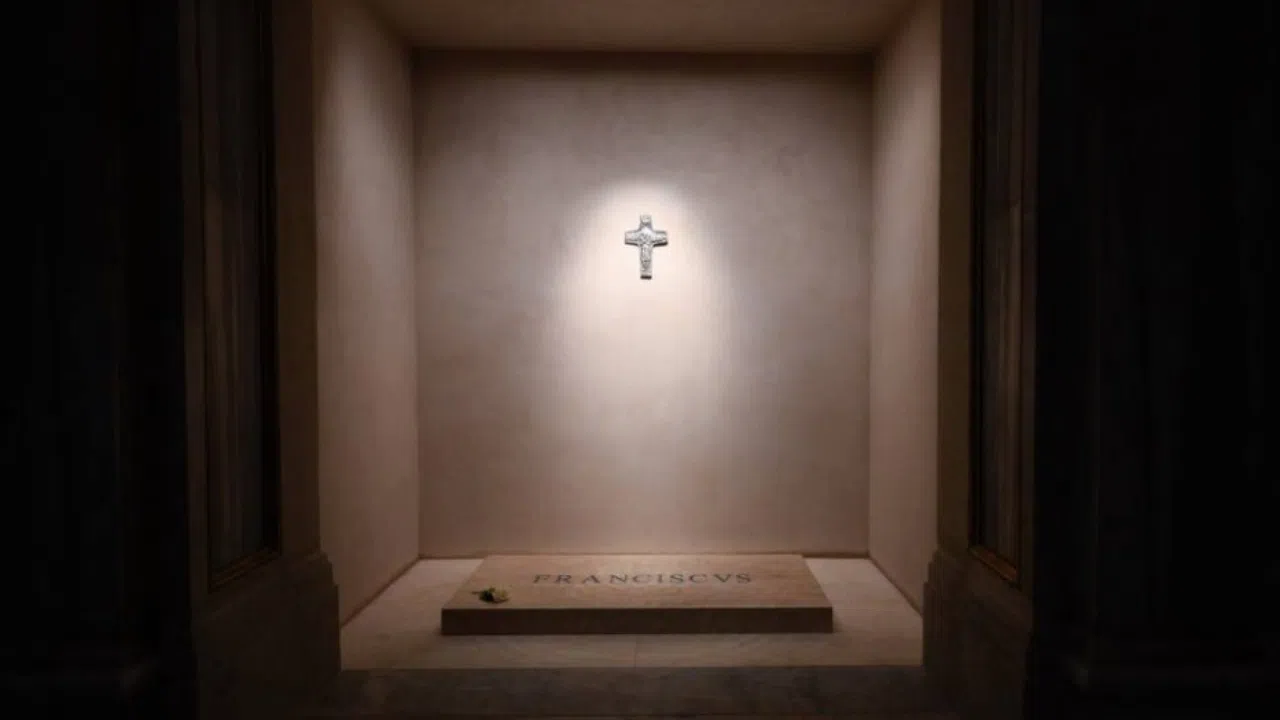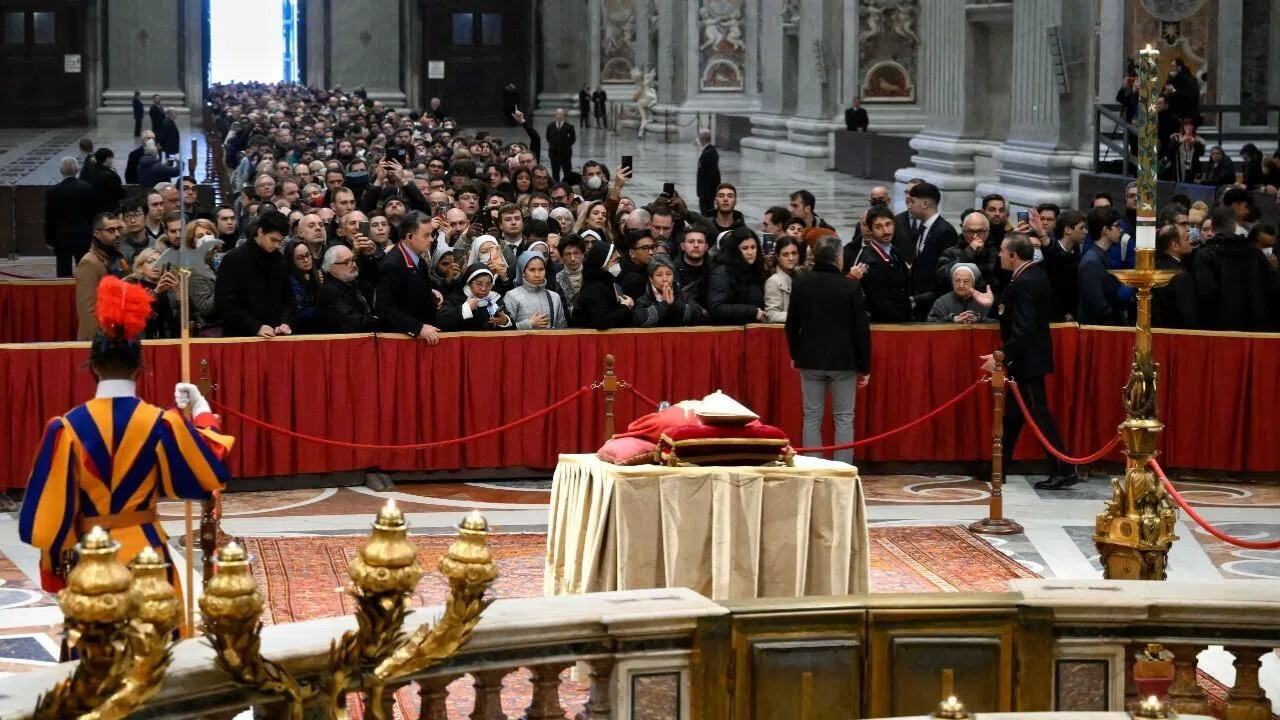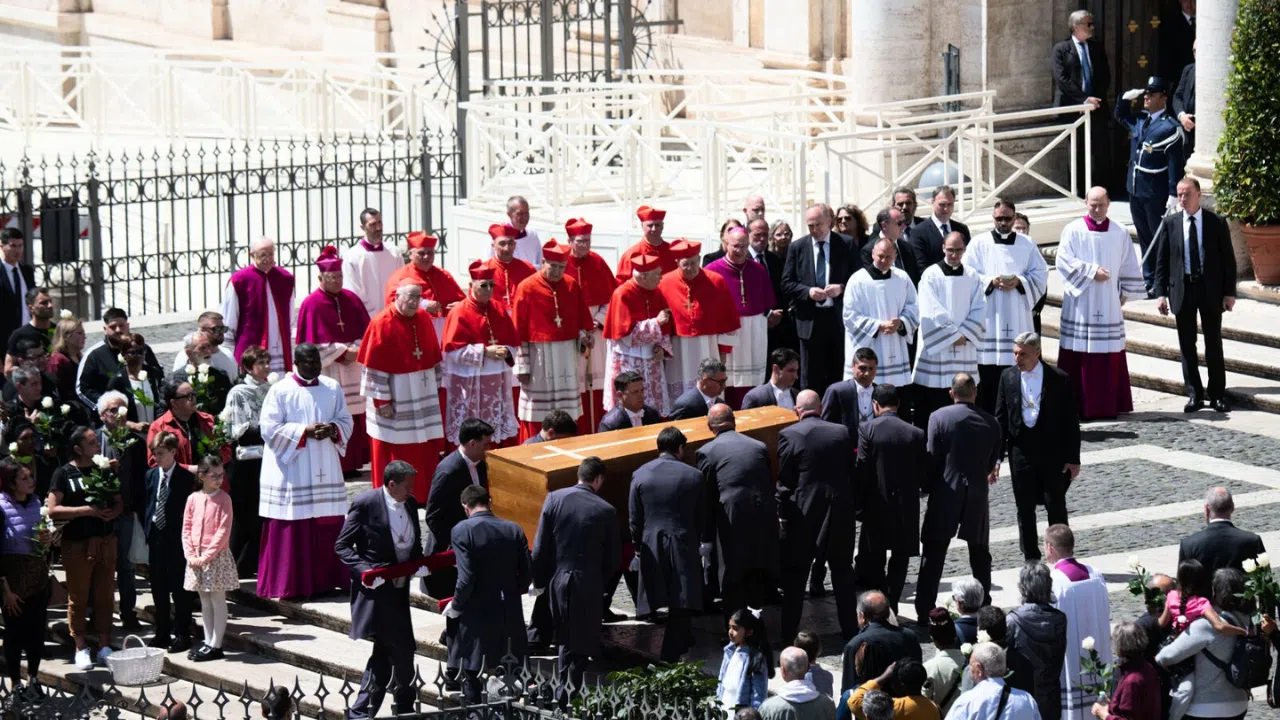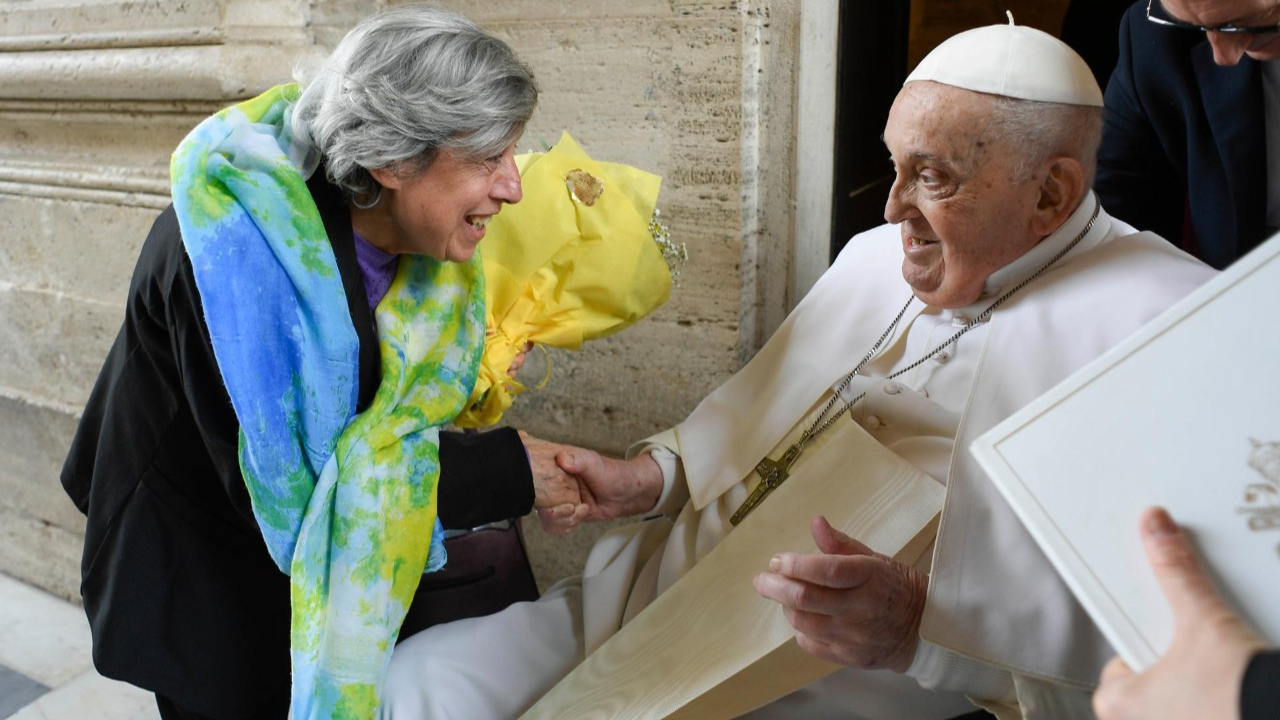At the beginning of February, Morocco's High Council of Ulemas proposed that apostasy should no longer be considered a criminal offense.
This Council has no executive or legislative powers, but its statement reflects a firm tone with respect to its position on fundamentalism.
ADNANE MOKRANI
Pontifical Institute for Arabic and Islamic Studies
'The opinion of this Council has no effective value, but it can help promote a certain openness. It can also be considered a message to fundamentalists who do not believe in reform and want to keep old laws without a critical spirit.â?
Adnane Mokrani is Muslim, and teaches at the Pontifical Institute for Arabic and Islamic Studies, which is sponsored by the Vatican. Mokrani states that Muslim countries still have to introduce far-reaching reforms to their law. For example, although apostasy is in most cases not condemned, to change the religious attitudes signals important consequences in the day to day life of the normal citizen.
ADNANE MOKRANI
Pontifical Institute for Arabic and Islamic Studies
'This is not enough. It is not enough to say that apostasy will not be a crime, and that there will be no punishment. In my opinion, changing one's religion in Morocco often results in losing many family rights. It can lead to divorce or prevent inheritance. Therefore, all of these problems are yet to be solved. There is the problem of mission, of expressing and calling people to another faith which is not Islamic and this is a problem not only for Christians engaged in mission if not also for diverse communities of Muslims like the Shi'ites. They also are not allowed to witness to their faith in public.'
Though the reform of family legislation is a key point, the other is that universities regain their independence so that Islam is free of political interests.
Adnane Mokrani recalls that the Muslim world has given clear signs of rejecting fundamentalism. The major milestone was the Marrakesh declaration of January 2016. At that time 300 Muslim leaders from more than 100 countries signed a document with concrete measures to promote the defense of religious minorities in Muslim countries. There is a long way to go from theory to practice, the most curious thing is that in Rome they have a powerful ally.
POPE FRANCIS
July 31, 2017
'I don't think it's fair to identify Islam with violence. This is not fair and it's not true.â?
For decades, popes have been pushing for rapprochement between the two religions. John Paul II made a key gesture when he kissed a copy of the Koran before speaking to 80,000 young Muslims in Morocco. Another gesture of great impact was that made by Benedict XVI who prayed in the Blue Mosque in Istanbul.
JRB
AA / RR
-
-PR
Up:JRB

